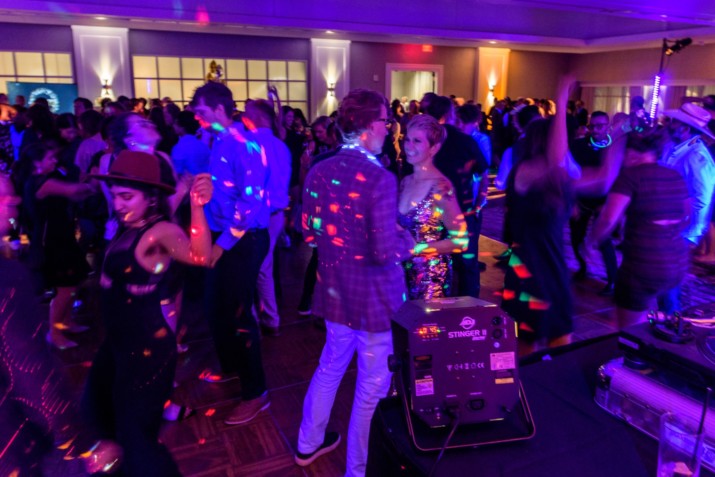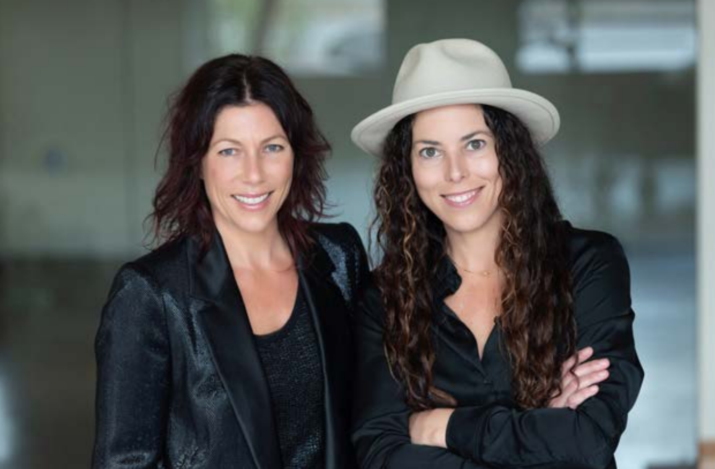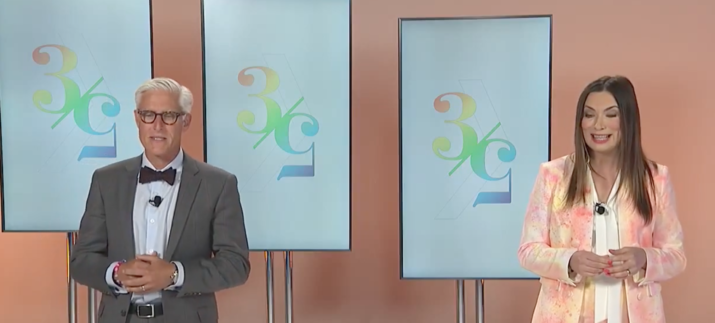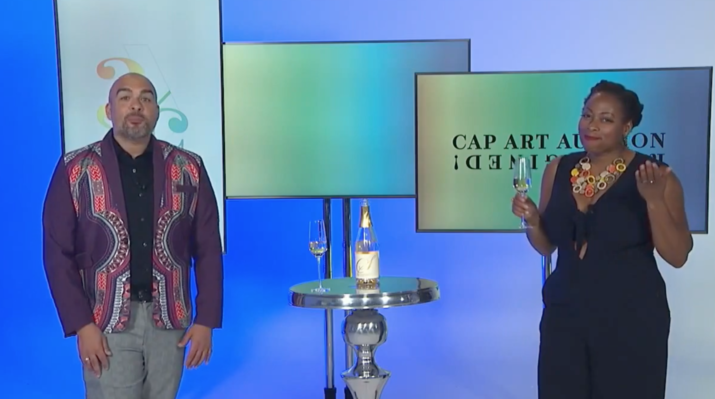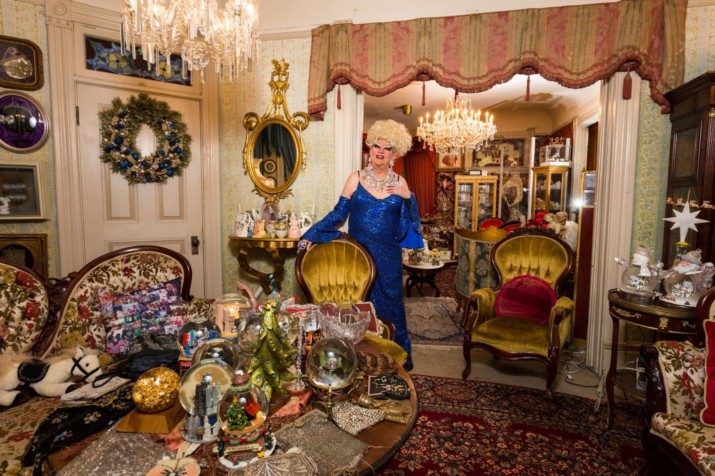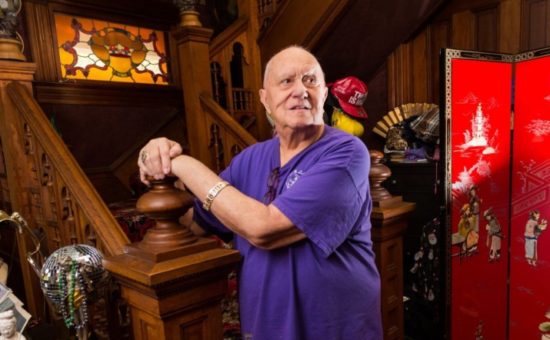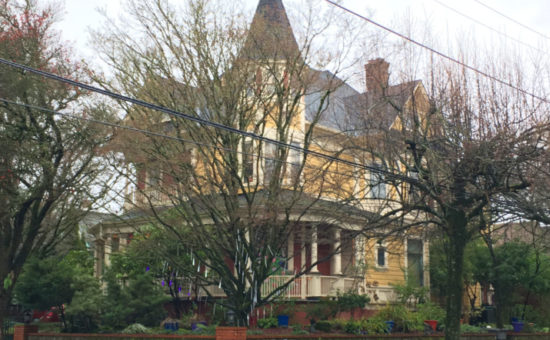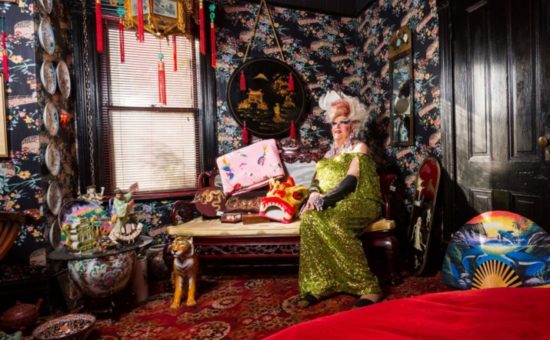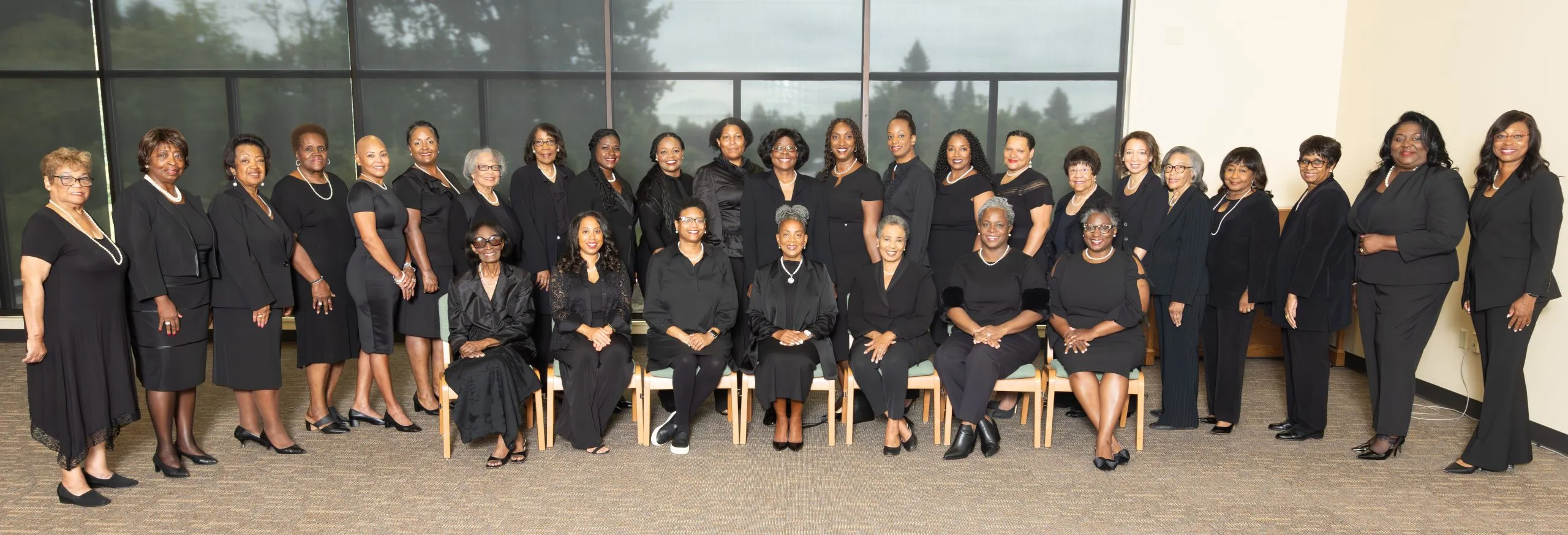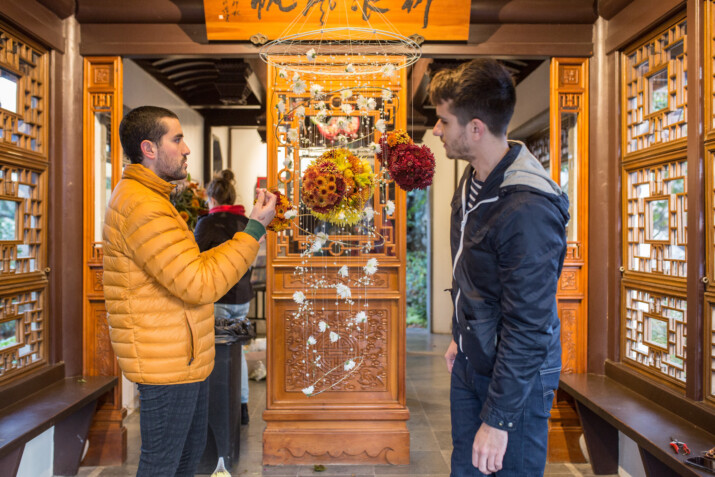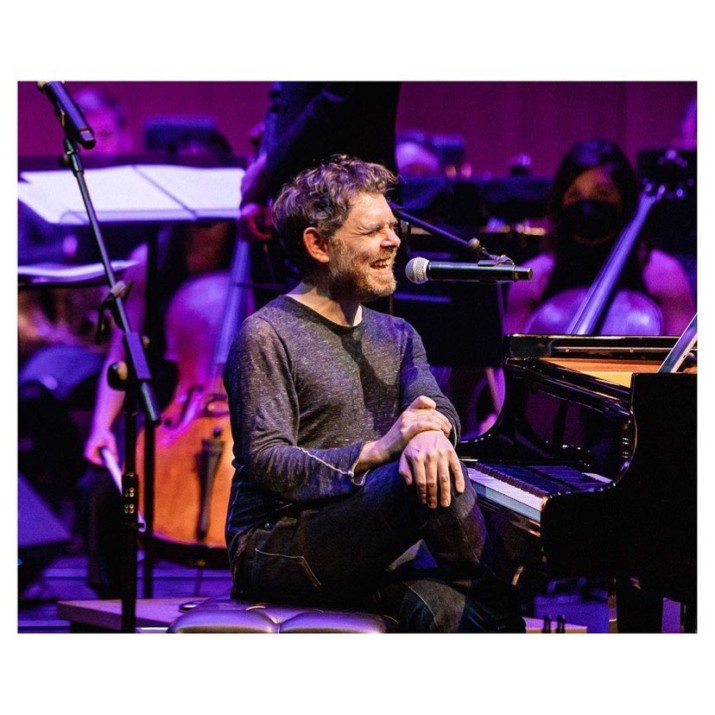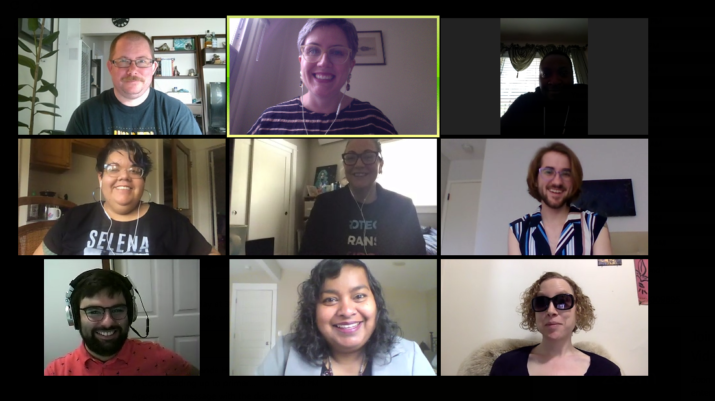
Basic Rights Oregon Takes Covid Challenges in Stride
Portland, OR. It is no secret that non-profits across the country have experienced the same economic struggles as for-profit businesses during the Covid-19 pandemic. Many have also found the communities they represent have needed them the most. This is especially true for Basic Rights Oregon, a Portland-based organization that advocates and fights for the equality of LGBTQ residents of Oregon (member meetings have moved to virtual, as pictured above).
As the shelter-in-place order began in March, businesses and communities screeched to a halt in an attempt to slow the spread of Coronavirus. Basic Rights Oregon quickly learned that discrimination was not going to slow down or stop along with it. “We tend to be the go-to source for folks who are reaching out about experiencing discrimination based on their sexual orientation or their gender identity in the workplace, a housing situation, or with healthcare. Those calls haven’t stopped”, says Margot Martin, Development Director at Basic Rights Oregon. “If anything, they’ve gotten more intense.”
This was especially made clear when Portland experienced mass layoffs in the service industry, a work industry that has a substantial LGBTQ population. Basic Rights Oregon had an influx of calls from applicants for government assistance that did not have representation on federal website forms when asking to select a gender identity. There are over 4,200 Oregonians that do not identify as “Male” or “Female”- the only two gender options on these federal documents that were an important step in getting the resources they needed to endure Covid-19. Basic Rights is working with Oregon state agencies to ensure transgender and non-binary Oregonians can still access these vital resources.
“We have relationships with state agencies that have helped work on getting that “X” marker and were able to quickly connect with them to get answers for the folks in our community that were asking ‘hey, how can I get these benefits?’ We were able to do that. We’re continuing to get people connected with resources and make sure that they’re as taken care of as possible”, Martin elaborated.
This win for the community defined the momentum of continuing their non-profit’s mission to stay diligent through adversity- whether that be a pandemic or an election that could be incredibly important to the future of the LGBTQ community. Basic Rights Oregon has no problem thinking positively, and its decision to continue to have uplifting events and be a support system for the communities they represent shows strength. The nonprofit’s annual event, Ignite, is moving to a virtual platform, and staffers hope it works to unite their supporters and community members just as it has in the past. This year, the theme is the roaring 20’s, specified as the new roaring 20’s. What started as a great costume idea for an event near Halloween, has gained much more meaning as the current presidential election has unfolded.
“When we were planning this theme- this was before all of the things happened”, Martin says, referring to ethical controversies in the current US election, along with overall themes of the Trump presidency, “but it feels more important now than ever. We’ve been locked into a place of little hope and a lot of despair over the past 4 years. It’s been a challenge and tough time for our community, but we’re resilient- this community always has been.”

2020’s Ignite will be virtual.
Ignite 2020: The New Roaring 20’s will take place on Thursday, October 29th, and will be entirely virtual. The event will be an hour-long live stream broadcast featuring community stories and messages, fundraising, inspiration for ways you can advocate for change during the remaining election season, and an auction that begins October 26th. They have also partnered with Vibrant Table, a Portland-based catering company, to provide a wine and meal delivery experience for participants. Basic Rights Oregon hopes that the event will provide a positive connection for the non-profit’s members and supporters, especially now that many members have struggled with feelings of isolation from friends, family, and their community.
“There’s a light at the end of the tunnel in this moment. If this year has taught us anything, it’s that when we all get on the same page, stand up and say that we’re going to keep doing the work, we’re going to keep protesting, we’re going to stay out on the streets because we want to see change happen- It feels like a groundswell, a roaring moment.”
From Basic Rights Oregon:
Basic Rights Oregon will ensure that all lesbian, gay, bisexual, transgender and queer Oregonians experience equality by building a broad and inclusive politically powerful movement, shifting public opinion, and achieving policy victories.
Our vision is to ensure that all LGBTQ Oregonians live free from discrimination and be treated with dignity and respect in every community in our state.
Basic Rights Oregon works fearlessly and tirelessly to build a strong, vibrant, powerful, and progressive movement for LGBTQ equality. LGBTQ Oregonians exist in every community, and we understand that we have to engage in strategic, values-based coalitions to address the many needs of our communities. As such, building alliances with progressive groups that advocate for working families, racial justice, immigrant rights, reproductive justice, and campaign reform will be essential to winning policies that meet the varied needs of our diverse community.


